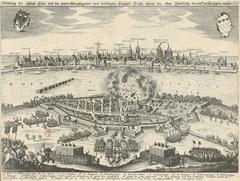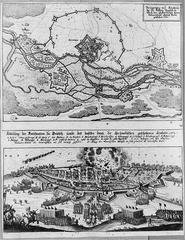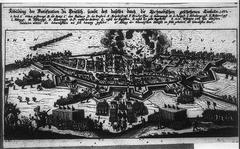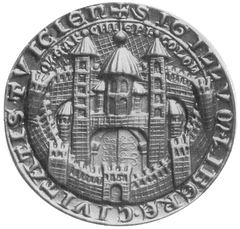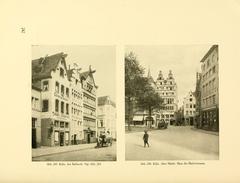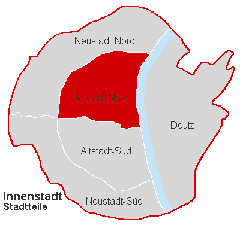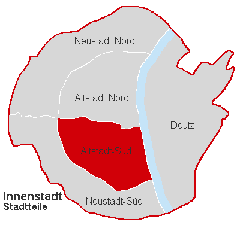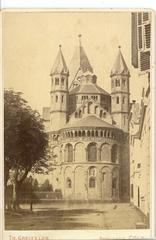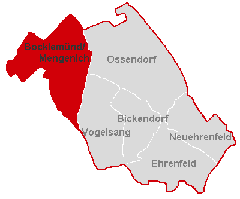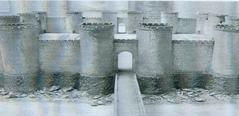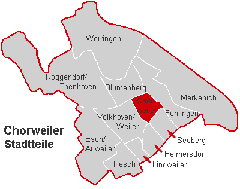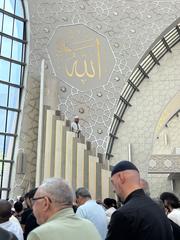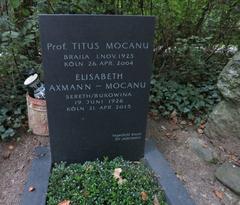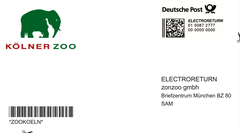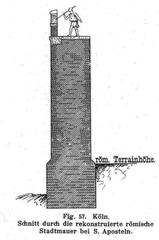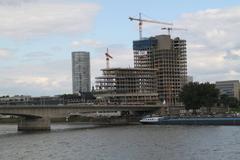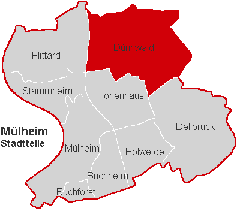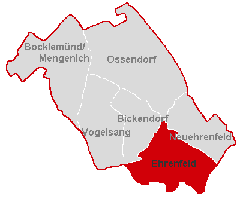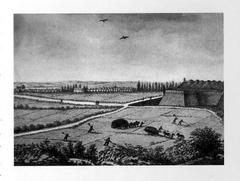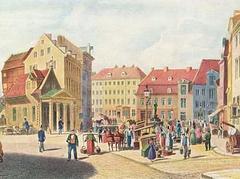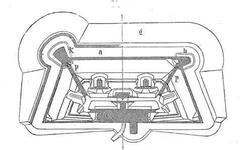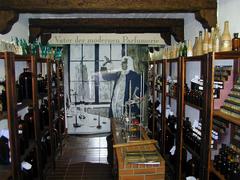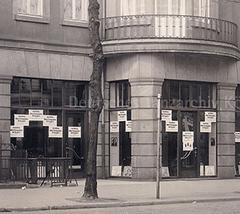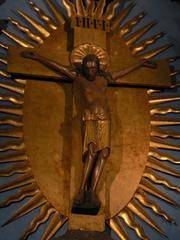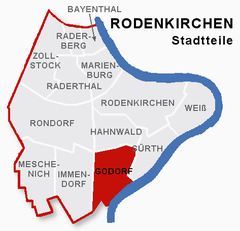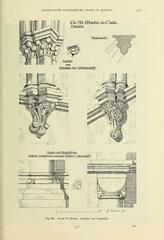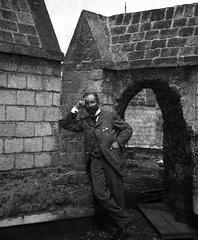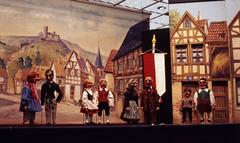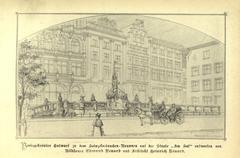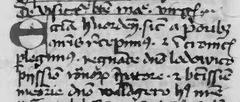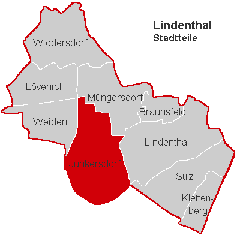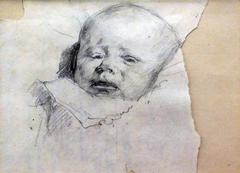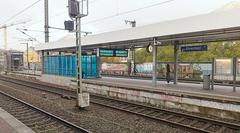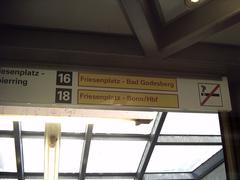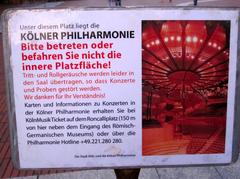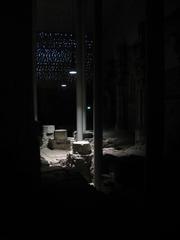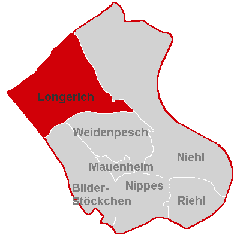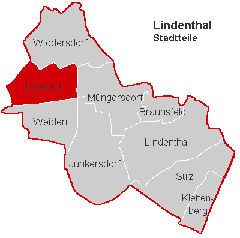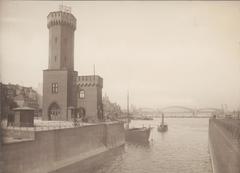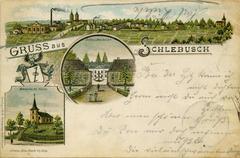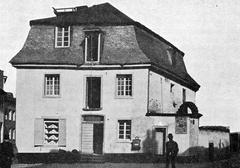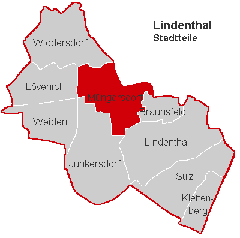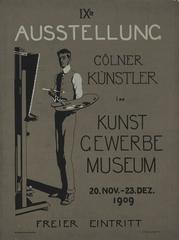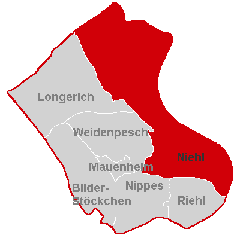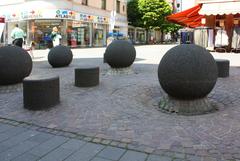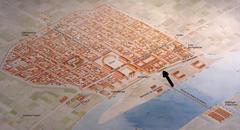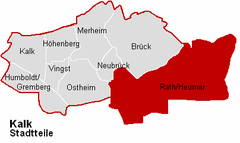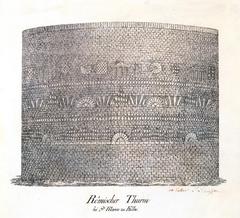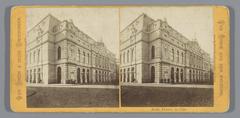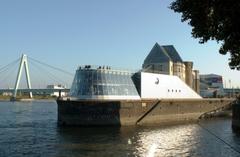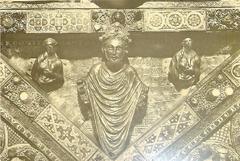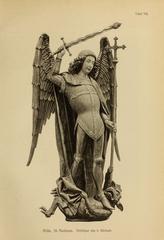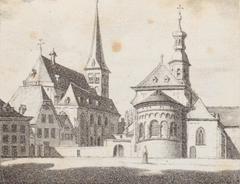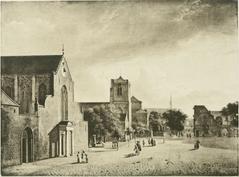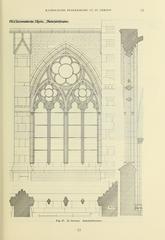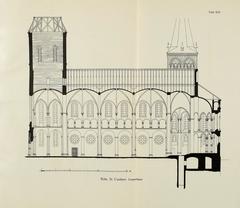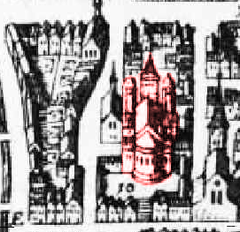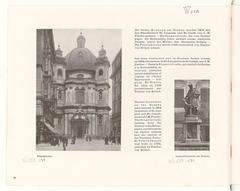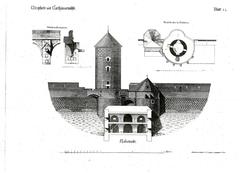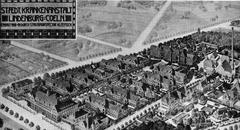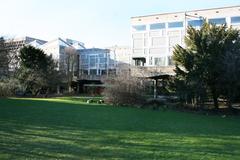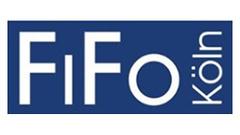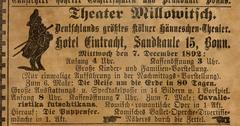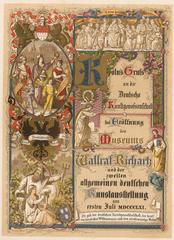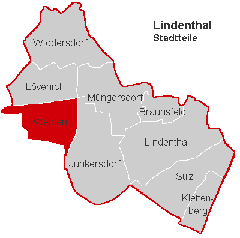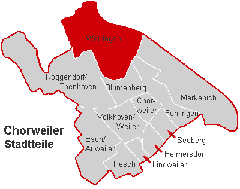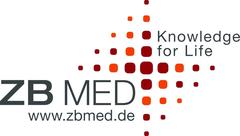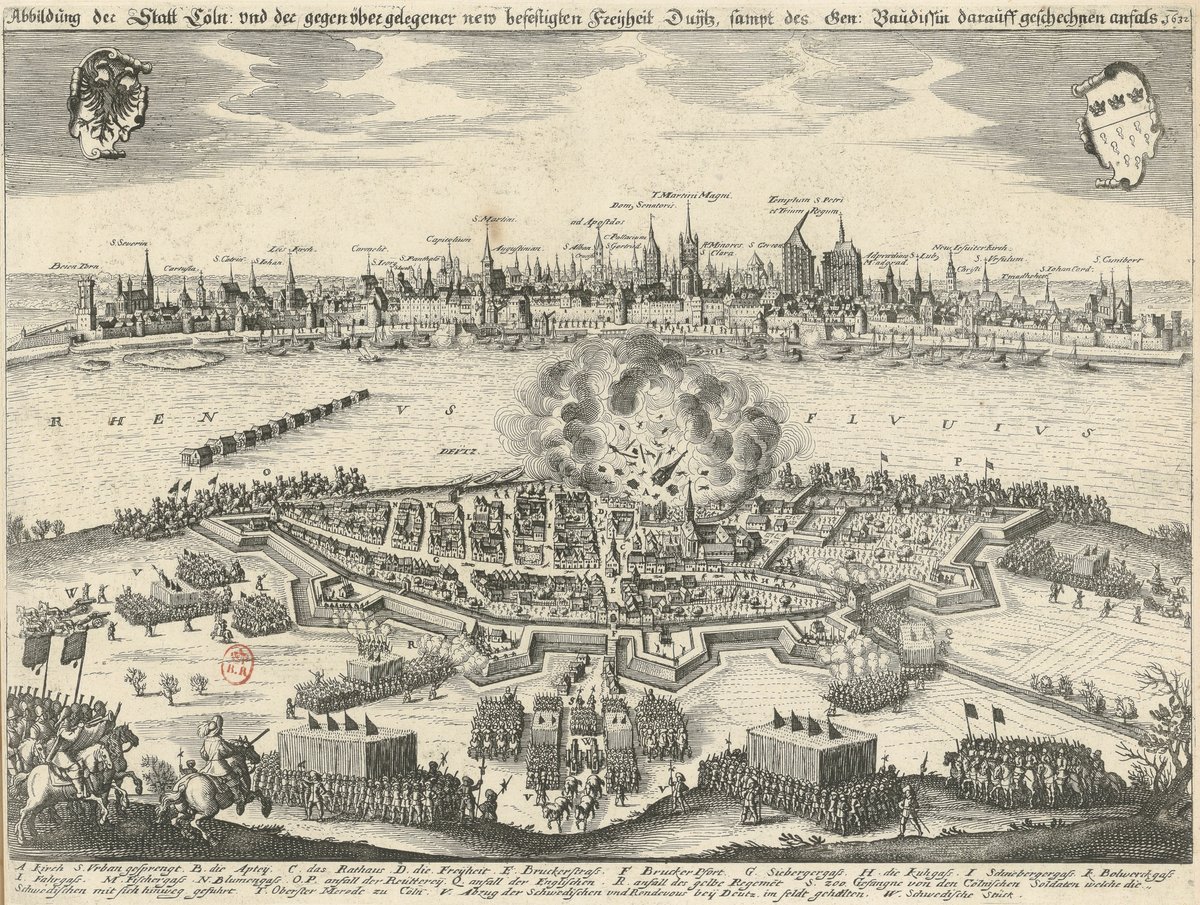
Deutz Cologne Germany: Visiting Hours, Tickets, and Historical Sites Guide
Date: 14/06/2025
Introduction
Nestled on the right bank of the Rhine River, directly opposite Cologne’s historic Old Town, Deutz is a district where centuries of history meet vibrant modernity. From its Roman origins as the fortification Castrum Divitia, established by Emperor Constantine I in the early 4th century AD, to its industrial prowess as the birthplace of the modern Otto engine, Deutz offers a fascinating journey through time. Today, it is home to contemporary attractions like the KölnTriangle, Rheinpark, Lanxess Arena, and Koelnmesse, making it an essential destination for any visitor to Cologne (Wikipedia: Deutz, Cologne; Evendo: History of Deutz; DEUTZ AG: Our History; Touristear; Time to Momo: Deutz; Cologne Tourism; The Crazy Tourist; Bitesize Tourist).
This comprehensive guide will walk you through Deutz’s historical milestones, top attractions, practical visitor information—such as visiting hours and ticketing—accessibility features, and travel tips to help you make the most of your visit. Whether you’re a history enthusiast, event attendee, or culture seeker, Deutz embodies the spirit of Cologne’s past and present.
Historical Overview
Roman Foundations and Early Development
Deutz’s story begins in 310 AD with the founding of Castrum Divitia, a Roman fortification built by Constantine I. Its strategic position on the Rhine protected the empire’s frontier and ensured vital river crossings. A bridge constructed during this era linked Deutz with Roman Cologne, facilitating both military and commercial exchange (Wikipedia: Deutz, Cologne). Visitors can still find remnants and artifacts attesting to this Roman heritage (Evendo: History of Deutz).
Medieval Growth and Religious Significance
After the Roman era, Deutz flourished as a religious and cultural center. In 1002, Archbishop Heribert of Cologne established a Benedictine monastery, later known as St. Heribert Church, which remains a Romanesque landmark. The abbey became a center of theological scholarship, producing figures such as Rupert of Deutz (Wikipedia: Deutz, Cologne; Evendo: Landmarks in Deutz).
Fortifications, Autonomy, and Conflict
Deutz gained autonomy in the High Middle Ages, fortifying its defenses and constructing the 12th-century Deutz Castle (Evendo: History of Deutz). The town endured fires and the turmoil of the Cologne War, notably the Battle of Deutz in 1583, which altered local power dynamics (Evendo: The Battle of Deutz). Fortifications were eventually dismantled as Deutz’s military significance waned (Wikipedia: Deutz, Cologne).
Economic Expansion and Industrialization
Deutz’s location made it a hub for trade and travel along the Rhine. The industrial age brought innovation: in 1869, the Gasmotoren-Fabrik Deutz, founded by Nicolaus August Otto and Eugen Langen, relocated here and became the birthplace of the modern Otto engine, which revolutionized global transport (Wikipedia: Deutz AG; DEUTZ AG: Our History; DEUTZ AG: Company History). The workforce swelled, transforming Deutz into an engineering hub.
Incorporation into Cologne and Postwar Reconstruction
Deutz was incorporated into Cologne in 1888, further integrating it into the city’s economic and social fabric (Ferienwohnung Köln: Deutz). World War II caused significant destruction, but postwar rebuilding preserved key heritage sites and modernized the district (Evendo: WWII and Reconstruction).
Practical Visitor Information
Visiting Hours: Most historical landmarks, such as St. Heribert Church and Deutz Abbey, are open daily from 9 AM to 6 PM. Koelnmesse and Lanxess Arena hours depend on scheduled events.
Tickets: Many sites are free to visit; special exhibitions, guided tours, and event venues may charge €5–€15. Book tickets in advance for major events at Koelnmesse or the Lanxess Arena.
Travel Tips: Arrive via the Köln Messe/Deutz railway station, which connects to Cologne’s city center and regional destinations. Public transport and bicycle rentals are widely available.
Accessibility: Deutz’s main attractions feature ramps, elevators, and accessible paths.
Nearby Attractions: Cross the Hohenzollern Bridge for Cologne Cathedral and the Old Town.
Guided Tours: Join walking or cycling tours for deeper insights and the best photo spots.
Special Events: Deutz is a hotspot for festivals, concerts, and trade fairs—check event calendars ahead of your visit.
Top Deutz Attractions: Highlights & Visitor Details
KölnTriangle: Panoramic City Views
The KölnTriangle is a 103-meter skyscraper with a 360-degree observation deck, offering breathtaking views of the Cologne Cathedral, Old Town, and Rhine. The deck is open daily from 10 AM to 8 PM (extended hours in summer). Tickets cost €5–€6 for adults and are available at the entrance or online (Touristear; My Germany Vacation). Arrive before sunset for the most stunning vistas.
Rheinpark: Urban Oasis
Rheinpark is Cologne’s premier riverside green space, featuring landscaped gardens, playgrounds, and walking paths. Established in 1913 and expanded in 1957, it is popular for picnics and festivals (Touristear). Entry is free and the park is open year-round. The Claudius Therme spa inside Rheinpark requires separate admission; book ahead during busy periods.
Lanxess Arena: Entertainment Powerhouse
As Germany’s largest indoor arena, Lanxess Arena hosts international concerts, sporting events, and conventions for up to 20,000 guests. Check the official event calendar for schedules. The arena is accessible from Deutz/Messe station and has numerous food options inside (The Crazy Tourist).
Koelnmesse: Global Trade Fair Hub
Koelnmesse is one of the world’s leading exhibition centers, hosting events like Gamescom and Art Cologne. Many fairs are public for at least one day—check details on the Koelnmesse website. The venue is adjacent to Deutz/Messe station and nearby hotels book up quickly during major events.
Hohenzollern Bridge & Rheinboulevard: Iconic Riverfront
The Hohenzollern Bridge, adorned with thousands of “love locks,” connects Deutz to the Old Town, offering spectacular views of the cathedral. The Rheinboulevard promenade features modern seating steps along the river—ideal for sunset relaxation (Touristear; My Germany Vacation).
St. Heribert Church (Deutz Abbey): Romanesque Heritage
Founded in the 10th century, St. Heribert Church showcases Romanesque architecture and serene cloister gardens (The Crazy Tourist). Open to visitors outside service times; guided tours are occasionally available.
Rhine Cable Car (Kölner Seilbahn): Aerial Ride
Operating April–October, the Rhine Cable Car connects Rheinpark with the zoo and botanical gardens, offering unique aerial views of the city. Tickets cost €5–€7 one-way (Touristear).
Gastronomy and Nightlife
Deutz’s culinary scene ranges from traditional Kölsch breweries and riverside beer gardens to international restaurants. Try Kölsch beer and local dishes like Himmel un Ääd. Reservations are advised during major events.
Accessibility and Transportation
Deutz is a regional transport hub, with the Deutz/Messe station offering S-Bahn, U-Bahn, and regional train connections. It is a short walk to the Old Town via the Hohenzollern Bridge (My Germany Vacation). The area is bike-friendly, and the KölnCard provides unlimited transit and attraction discounts.
Seasonal Events and Festivals
Deutz is at the center of Cologne’s event calendar: Carnival (Karneval) parades, open-air concerts in summer, and Christmas markets in winter (Germany Travel Blog). Book accommodation early for major festivals.
Everyday Life and Community Spirit
Deutz balances modern commercial energy with a strong community spirit. Its diverse population enjoys parks, weekly markets near Deutzer Freiheit, and local traditions—especially during Carnival (Bitesize Tourist; Art of Touring). Neighborhood attractions like Tanzbrunnen and street art installations add to the district’s character.
Frequently Asked Questions (FAQ)
Q: What are the main historical sites in Deutz?
A: St. Heribert Church, Deutz Castle remains, and Roman archaeological sites.
Q: How do I get tickets for events like Gamescom or concerts?
A: Purchase online via the event or venue’s official website, or at the venue if available.
Q: Are attractions wheelchair accessible?
A: Most major sites—including KölnTriangle, Lanxess Arena, and Rheinboulevard—are accessible.
Q: How do I reach Deutz from Cologne’s city center?
A: By S-Bahn, U-Bahn, or a 15-minute walk across the Hohenzollern Bridge.
Q: What are some family-friendly activities?
A: Rheinpark, the miniature railway, and the Rhine Cable Car are popular with families.
Visiting Cologne Cathedral from Deutz
Cologne Cathedral (Kölner Dom) is a UNESCO World Heritage site and a highlight for any visitor. From Deutz, reach it via S-Bahn (S6, S11, S12) or tram (lines 1, 7, 9)—the ride is about 3–5 minutes. Walking across the Hohenzollern Bridge is a scenic 15-minute option (Cologne Tourism).
- Opening Hours: 6:00 AM–7:30 PM (April–October), until 6:00 PM (November–March)
- Admission: Free for the main cathedral; tower climb and special tours require tickets (about €6)
- Accessibility: Barrier-free entrances, ramps, and tactile guidance for visually impaired guests
The KölnCard covers public transport and discounts on tours. For more, visit the Cologne Cathedral Official Site.
Sustainable and Practical Travel Tips
- Use public transportation or rent a bike (KVB-Rad) for eco-friendly travel (Germany Travel Blog).
- Download the KVB app for ticketing and route planning (KVB App – iOS, KVB App – Android).
- The KölnCard provides unlimited transit and attraction discounts.
- Major stations and venues are staffed and monitored for safety.
Summary
Deutz is a vibrant testament to Cologne’s layered history and dynamic present. From Roman roots and medieval churches to industrial milestones and contemporary event venues, it offers a multifaceted experience. Excellent transport links, accessible infrastructure, and a lively calendar of festivals and events make Deutz a welcoming district for all. Enhance your visit with the Audiala app for audio tours and real-time tips, and explore more about Cologne’s cultural treasures.
Sources
- Wikipedia: Deutz, Cologne
- Evendo: History of Deutz
- DEUTZ AG: Our History
- The Crazy Tourist
- Touristear
- Time to Momo: Deutz
- Cologne Tourism
- Germany Travel Blog
- Bitesize Tourist
